
Code: 04680980
Curse of Ham in the Early Modern Era The Bible and the Justifications for Slavery
by David M. Whitford
For hundreds of years, the biblical story of the Curse of Ham was marshalled as a justification of serfdom, slavery and human bondage. According to the myth, having seen his father Noah naked, Ham's is cursed to have his descendan ... more
- Language:
 English
English - Binding: Hardback
- Number of pages: 244
Publisher: Taylor & Francis Ltd, 2009
- More about this

You might also like
-

Building the 2021 Affordable Military
101.55 € -

Addressing China's Water Scarcity
42.01 € -

Climate Action
51.58 € -

Still Small Voice
13.39 € -16 % -

Pearls and Coral, Volume 2
18.23 € -13 % -

International Handbook on the Economics of Mega Sporting Events
259.94 € -10 % -

Integrity First
144.78 €
Give this book as a present today
- Order book and choose Gift Order.
- We will send you book gift voucher at once. You can give it out to anyone.
- Book will be send to donee, nothing more to care about.
More about Curse of Ham in the Early Modern Era The Bible and the Justifications for Slavery
You get 531 loyalty points
 Book synopsis
Book synopsis
For hundreds of years, the biblical story of the Curse of Ham was marshalled as a justification of serfdom, slavery and human bondage. According to the myth, having seen his father Noah naked, Ham's is cursed to have his descendants be forever slaves. In this new book, the Curse of Ham is explored in its Reformation context, revealing how it became the cornerstone of the Christian defence of slavery and the slave trade for the next four hundred years. It shows how broader medieval interpretations of the story became marginalized in the early modern period as writers such as Annius of Viterbo and George Best began to weave the legend of Ham into their own books, expanding and adding to the legend in ways that established a firm connection between Ham, Africa, slavery and race. For although in the original biblical text Ham himself is not cursed and race is never mentioned, these writers helped develop the story of Ham into an ideological and theological defence for African slavery, at the precise time that the Transatlantic Slave Trade began to establish itself as a major part of the European economy during the sixteenth and seventeenth centuries. Skilfully weaving together elements of theology, literature and history, this book provides a fascinating insight into the ways that issues of religion, economics and race could collide in the Reformation world. It will prove essential reading, not only for those with an interest in early modern history, but for anyone wishing to try to comprehend the origins of arguments used to justify slavery and segregation right up to the 1960s.
 Book details
Book details
Book category Books in English Humanities Religion & beliefs Christianity
211.38 €
- Full title: Curse of Ham in the Early Modern Era The Bible and the Justifications for Slavery
- Subtitle: The Bible and the Justifications for Slavery
- Author: David M. Whitford
- Language:
 English
English - Binding: Hardback
- Number of pages: 244
- EAN: 9780754666257
- ISBN: 0754666255
- ID: 04680980
- Publisher: Taylor & Francis Ltd
- Weight: 618 g
- Dimensions: 164 × 241 × 24 mm
- Date of publishing: 28. November 2009
Trending among others
-
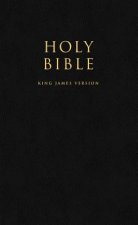
The Holy Bible - King James Version
11.48 € -

The Neville Goddard Collection
29.41 € -
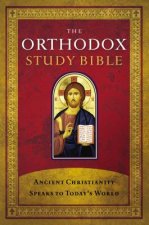
Orthodox Study Bible, Hardcover
44.02 € -12 % -
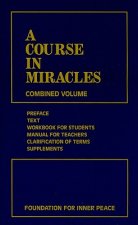
A Course in Miracles
25.58 € -11 % -

Holy Bible: English Standard Version (ESV) Anglicised Black Gift and Award edition
12.18 € -22 % -

NKJV, Gift and Award Bible, Leather-Look, Pink, Red Letter, Comfort Print
8.65 € -22 % -
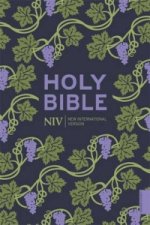
NIV Holy Bible (Hodder Classics)
7.95 € -21 % -

Jesus Calling, Padded Hardcover, with Scripture References
13.29 € -22 % -

ESV Economy Bible
4.93 € -18 % -

Habits of a Godly Woman
9.56 € -15 % -

Wild at Heart Expanded Edition
15.20 € -28 % -

101 Questions to Ask Before You Get Engaged
11.68 € -23 % -
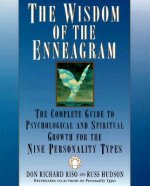
Wisdom of the Enneagram
18.33 € -20 % -

ESV Study Bible, Personal Size
33.34 € -20 % -
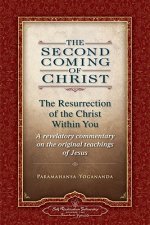
Second Coming of Christ
37.87 € -
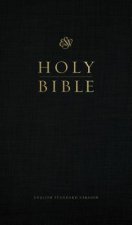
ESV Church Bible
10.57 € -26 % -

New Catholic Bible
41.20 € -
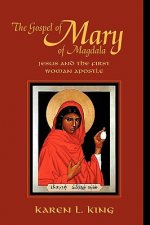
Gospel of Mary of Magdala
30.02 € -

Anna, Grandmother of Jesus
14.90 € -17 % -
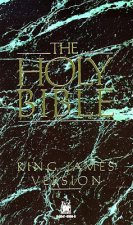
Holy Bible
7.95 € -22 % -

Complete Jewish Study Bible
38.88 € -22 % -
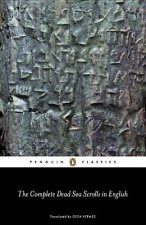
Complete Dead Sea Scrolls in English (7th Edition)
15.71 € -14 % -

Jesus Calling, Small Brown Leathersoft, with Scripture References
16.92 € -19 % -
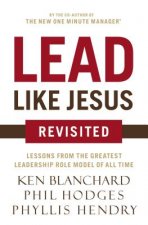
Lead Like Jesus Revisited
13.29 € -28 % -

What on Earth Am I Here For? Purpose Driven Life
4.93 € -18 % -

My Heart Will Triumph
16.92 € -18 % -

Ryrie Study Bible-KJV
56.51 € -18 % -

Matthew Henry's Commentary on the Whole Bible
33.64 € -17 % -

CSB She Reads Truth Bible, Hardcover
32.03 € -20 % -
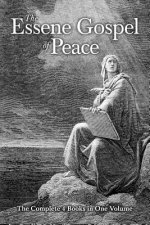
Essene Gospel of Peace
31.43 € -

KJV Gift & Award Bible, Imitation Leather, Black
8.96 € -3 % -
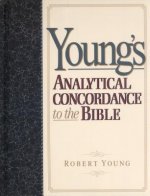
Young's Analytical Concordance to the Bible
17.42 € -17 % -
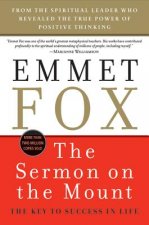
Sermon on the Mount
13.29 € -22 % -
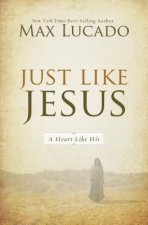
Just Like Jesus
16.92 € -19 % -

Secret Power of Speaking God's Word
14.30 € -25 % -

HOLY BIBLE: King James Version (KJV) White Compact Gift Edition
17.22 € -28 % -
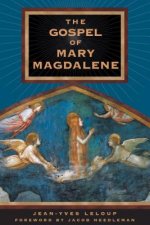
Gospel of Mary Magdalene
12.79 € -20 % -

How to Be an Adult
11.48 € -28 % -

Christian Prayer Liturgy
46.84 € -
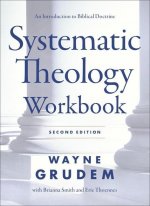
Systematic Theology Workbook
24.07 € -18 % -
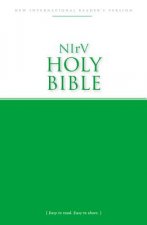
NIrV, Economy Bible, Paperback
6.04 € -18 % -

Global Humility:Attitudes to Mission
18.43 € -
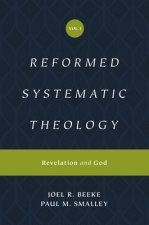
Reformed Systematic Theology, Volume 1
50.17 € -18 % -

Zondervan Atlas of the Bible
35.15 € -19 % -

Heavenly Man
12.79 € -18 % -

Rules of Engagement for Overcoming Your Past
10.37 € -18 % -

When God Weeps
16.92 € -19 % -
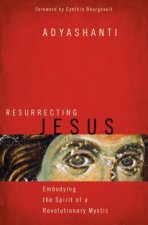
Resurrecting Jesus
14.60 € -26 % -
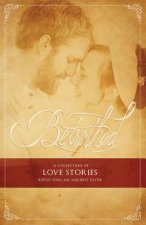
Betrothed
20.44 € -2 %
Collection points Bratislava a 2642 dalších
Copyright ©2008-24 najlacnejsie-knihy.sk All rights reservedPrivacyCookies



 15549 collection points
15549 collection points Delivery 2.99 €
Delivery 2.99 € 02/210 210 99 (8-15.30h)
02/210 210 99 (8-15.30h)